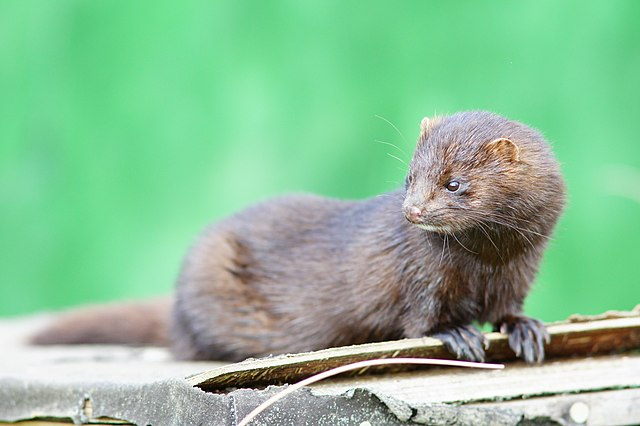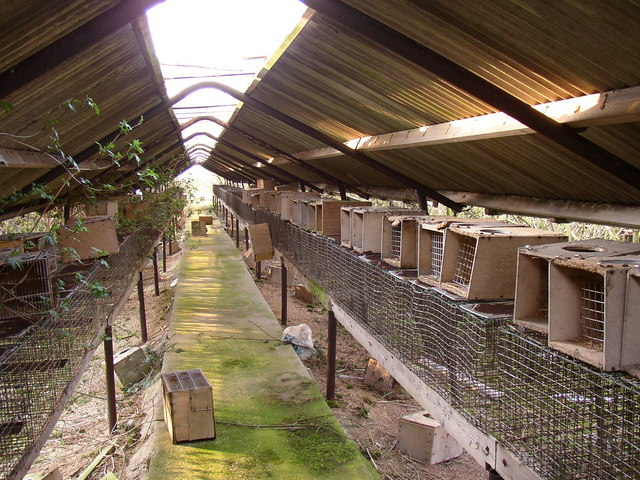The US Centers for Disease Control and Prevention (CDC) has confirmed the spread of a mink variant of the coronavirus, with some four Americans infected in the first year of the epidemic. The group, initially with just three cases, is being referred to as 'the first known instance of possible animal-to-human transmission of the virus in the United States,' the NY Times reported.
Two infected people were employees of a Michigan mink farm that saw a Covid-19 outbreak in October 2020 while the other two had no known connection to the farm. The NY Times points out that there is a high possibility of the mink variant circulating extensively among area residents then.

Dr Casey Barton Behravesh, who directs the CDC's One Health Office, told NY Times in an email, that the samples of the virus from all four people infected was collected and tested. The scientists have discovered two mutations which they believe might be an indication of adaptation to mink.
Dr Behravesh explained that, "this, in addition to the mink farm workers testing positive for Covid-19 after the mink herd had begun experiencing illness and increased mortality, suggests that the most likely hypothesis is that the workers were infected after contact with mink on the farm."
In 2021, the Detroit Free Press along with the Documenting Covid-19 project had initially disclosed the first three cases of the two farm workers and a taxidermist who did not have any connection to the mink farm and on Monday the fourth case was reported to be the taxidermist's wife as per NY Times.

Michigan officials, as per protocol reported in early October 2020 that the virus had also been discovered in minks on a local farm and many of the animals had died. The CDC therefore sent a team for further investigation. The sample collection was conducted for the workers of the farm in addition to the animals. The people of the neighboring communities also had to participate. In March 2021, the CDC reported on its website that "a small number of people" were indeed infected with the mink variant of the virus and that, "this suggests mink-to-human spread might have occurred."
Dr Behravesh said that after the CDC "became aware of genetic sequencing data indicating possible mink-to-human transmission in late 2020," it then joined hands with other federal and state officials to analyze the data and "information was published on CDC website as soon as it became clear there was possible mink to human spread," she added later.
Experts believe that humans are more likely to spread the virus among themselves or to other species than they are to contract it from animals, as animal-to-human transmission remains a rarity. More cases of mink-to-human transmission of the virus have been reported in the Netherlands and Denmark.









